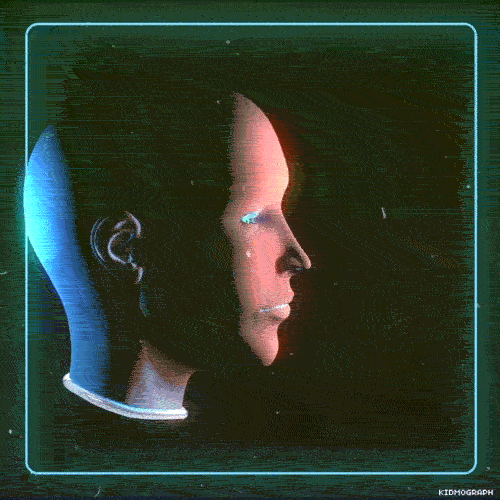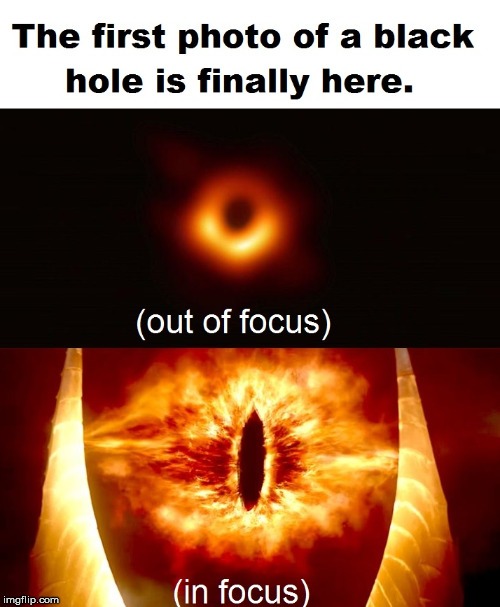And here we may as well mention the works of Hermes Trismegistus. Who, or how many have had the opportunity to read them as they were in the Egyptian sanctuaries? In his Egyptian Mysteries, Iamblichus attributes to Hermes 1,100 books, and Seleucus reckons no less than 20,000 of his works before the period of Menes. Eusebius saw but forty-two of these “in his time,” he says, and the last of the six books on medicine treated on that art as practiced in the darkest ages; and
Page 407
Diodorus says that it was the oldest of the legislators Mnevis, the third successor of Menes, who received them from Hermes.
Of such manuscripts as have descended to us, most are but Latin retranslations of Greek translations, made principally by the Neo-platonists from the original books preserved by some adepts. Marcilius Ficinus, who was the first to publish them in Venice, in 1488, has given us mere extracts, and the most important portions seemed to have been either overlooked, or purposely omitted as too dangerous to publish in those days of Auto da fe. And so it happens now, that when a kabalist who has devoted his whole life to studying occultism, and has conquered the great secret, ventures to remark that the Kabala alone leads to the knowledge of the Absolute in the Infinite, and the Indefinite in the Finite, he is laughed at by those who because they know the impossibility of squaring the circle as a physical problem, deny the possibility of its being done in the metaphysical sense.
Psychology, according to the greatest authorities on the subject, is a department of science hitherto almost unknown. Physiology, according to Fournie, one of its French authorities, is in so bad a condition as to warrant his saying in the preface to his erudite work Physiologie du Systeme Nerveux, that “we perceive at last that not only is the physiology of the brain not worked out, but also that no physiology whatever of the nervous system exists.” Chemistry has been entirely remodelled within the past few years; therefore, like all new sciences, the infant cannot be considered as very firm on its legs. Geology has not yet been able to tell anthropology how long man has existed. Astronomy, the most exact of sciences, is still speculating and bewildered about cosmic energy, and many other things as important. In anthropology, Mr. Wallace tells us, there exists a wide difference of opinion on some of the most vital questions respecting the nature and origin of man. Medicine has been pronounced by various eminent physicians to be nothing better than scientific guess-work. Everywhere incompleteness, nowhere perfection. When we look at these earnest men groping around in the dark to find the missing links of their broken chains, they seem to us like persons starting from a common, fathomless abyss by divergent paths. Each of these ends at the brink of a chasm which they cannot explore. On the
Page 408
one hand they lack the means to descend into its hidden depths, and on the other they are repulsed at each attempt by jealous sentries, who will not let them pass. And so they go on watching the lower forces of nature and from time to time initiating the public into their great discoveries. Did they not actually pounce upon vital force and catch her playing in her game of correlation with chemical and physical forces? Indeed they did. But if we ask them whence this vital force? How is it that they who had so firmly believed, but a short time since, that matter was destructible and passed out of existence, and now have learned to believe as firmly that it does not, are unable to tell us more about it? Why are they forced in this case as in many others to return to a doctrine taught by Demokritus twenty-four centuries ago? Ask them, and they will answer: “Creation or destruction of matter, increase or diminution of matter, lies beyond the domain of science . . . her domain is confined entirely to the changes of matter . . . the domain of science lies within the limits of these changes — creation and annihilation lie outside of her domain.” Ah! no, they lie only outside the grasp of materialistic scientists. But why affirm the same of science? And if they say that “force is incapable of destruction, except by the same power which created it,” then they tacitly admit the existence of such a power, and have therefore no right to throw obstacles in the way of those who, bolder than themselves, try to penetrate beyond, and find that they can only do so by lifting the Veil of Isis.

Moe is the founder of GnosticWarrior.com. He is a father, husband, author, martial arts black belt, and an expert in Gnosticism, the occult, and esotericism.






